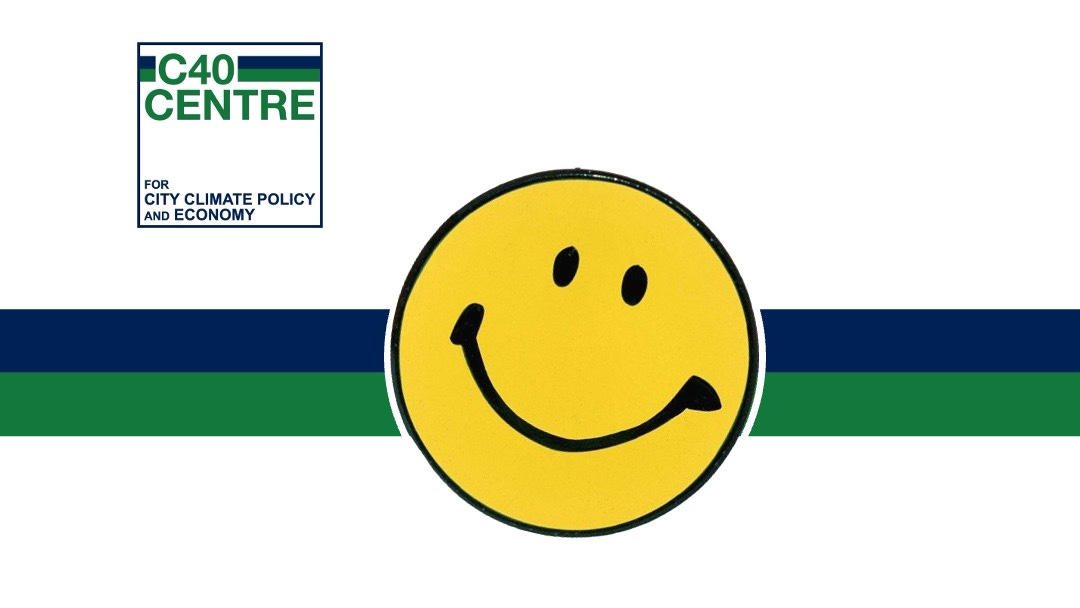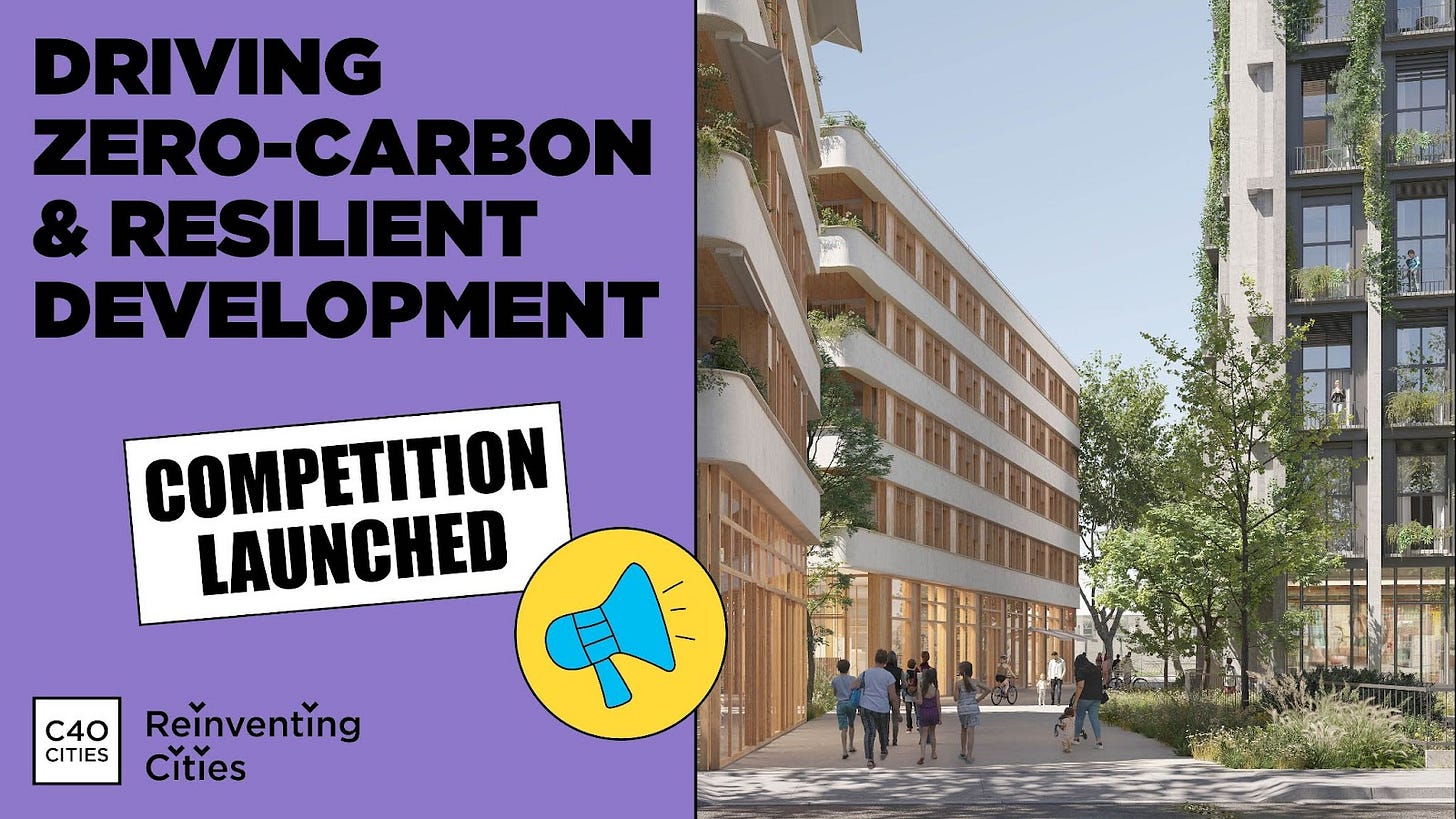Growing happier, not larger?
The International Day of Happiness is a reminder that economic and social success is about much more than the rate of GDP growth—but cities already know.
When we wrote about happiness around a year ago, we lamented the International Monetary Fund’s outdated economic policy recommendations for a post-pandemic world, and contrasted this approach with a (then) recent report that highlighted that in addition to GDP, there are five important variables that influence people’s wellbeing.
The other five happiness variables
The IMF predicts economic doom and gloom: can thinking about “happiness” rather than constant growth create a better path forward?
The narrative has shifted dramatically in just one year: the global economic outlook has improved significantly (though risks remain) and IMF Managing Director Kristalina Georgieva is now calling for “a different kind of economic growth”.
In a speech that echoed British economist John Maynard Keynes’ 1930 essay Economic Possibilities for our Grandchildren, Georgieva stressed that growth should be more sustainable and equitable, and more resilient, so that countries can better navigate a more shock-prone world. Georgieva outlined three priority areas of investment: technology, climate, and people—especially in Africa—and underscored the need to reduce inequality.
This is welcome news coming from an international institution that, just a few years ago, was among the main proponents of disastrous austerity policies. It seems to be a movement that is catching—see also Angus Deacon’s recent mea culpa (one doesn't have to agree with his views on immigration to understand how radical IMF economists disavowing neo-liberal economics is—even if it took 50 years longer than it should have).
What it means for cities
As with many other issues, cities are leading the way in their focus on residents’ wellbeing. In recent years, we are starting to see tentative steps to create city-specific dashboards and indicators to measure the welfare of residents in a more nuanced way.
In our most recent issue of the Journal of City Climate Policy and Economy, Ben Rogers, Nuno F. da Cruz, Francesco Ripa and Imogen Hamilton-Jones from the London School of Economics noted that as the downsides of an approach focused mainly on growth (pollution, waste, overwork and poor mental health) are felt particularly acutely in cities. It comes as no surprise that interest in alternative economic models should be most pronounced in cities, too.
They describe a shift towards the localisation of critical resources and economic assets across European cities and a rethinking of social and ecological impacts through new economic models from Barcelona to London and from Portland to Vancouver.
However, they also caution that urban residents are suffering one of the worst crises in cost-of-living in decades, while climate breakdown begins to assert itself in Europe, and economic inequality and political apathy and polarisation are running rife. Around the world, cities know that new approaches need to be co-created with citizens to avoid alienation: the C40 Knowledge Hub recently explored the topic in depth, providing a helpful guide for cities looking beyond GDP as a metric of success.
In their paper, Rogers and his co-authors conclude that whether or not cities are able to put urban post-growth policies into practice at scale remains to be seen. It is undeniable that, in the crisis-riven context of the 2020s, the arguments for exploring post-growth ideas are ever more compelling. It is great to see that the IMF is showing signs of agreement.
Related reading
: alongside the latest edition of the World Happiness Report, our readers may enjoy two books about happiness:The non-fiction Happy City by Charles Montgomery explores the happiness-generating potential of urban design.
The novel HappinessTM by Will Ferguson is based on the absurd premise that a self-help book actually works in making people content—with dramatic (and humorous) shifts in the way the world works.
C40 Reinventing Cities launches new edition | Calling creative professionals to reimagine urban spaces.
Reinventing Cities, C40’s global competition to transform underutilised urban sites into innovative, zero-carbon and resilient urban projects launched its fourth edition last month. The new edition invites creative professionals worldwide—including architects, planners, developers, investors, environmentalists and start-ups—to design and develop urban projects of the future.
Past winning projects have set new national standards, with 40 winning projects currently under implementation!
This year, 15 world-leading cities are calling to collaborate, driving wider change in how cities are designed and built. Participating cities include: Almere, Bilbao, Bologna, Brussels, Glasgow, Milan, New York, Rome, San Antonio, San Francisco, Renca in the city of Santiago, São Paulo, Seattle, Palermo and Venice. Learn more about the sites in competition here.









